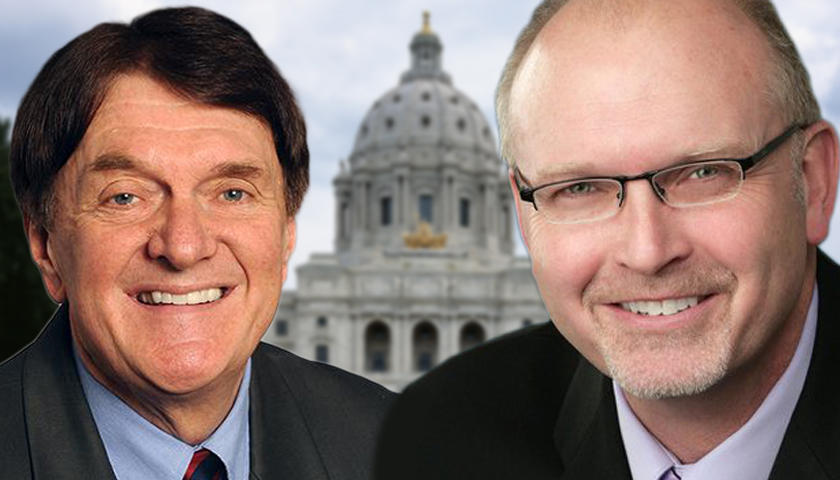by Scott McClallen
The GOP-led Minnesota Senate recently approved several bills that aim to support families and teachers in recovering from learning loss suffered during COVID-19-related school closures.
Senate File 628 seeks to require the Department of Education to administer in-person statewide Minnesota Comprehensive Assessments during the spring of 2021, regardless of the current learning format. MCAs measure student progress in core academic subjects and were canceled last year.
“At this point, we are all familiar with the pain and hardship that school closures have caused students,” Sen. Roger Chamberlain, R-Lino Lakes, said in a statement. “The Senate is taking the smart steps necessary to help students catch their breath and recover from some of the worst side effects of COVID.”
Others worried the test timing could push the number of students opting-out to record numbers since many students haven’t taken in-person classes in a year.
“You’re going to have a record number of opt-outs,” state Sen. Chuck Wiger, DFL-Maplewood, said on the Senate floor March 22.
Some education leaders said the tests will be inaccurate.
“If I were a parent, I’d opt my child out of MCA tests,” Denise Specht, president of the statewide teachers’ union Education Minnesota, tweeted March 20. “The scores will be unreliable and invalid.”
SF 438 seeks to suspend until 2023 the development or implementation of any new state-mandated academic standards.
SF 710, authored by Sen. Zach Duckworth, R-Lakeville, would allow a school district to redirect any reserved or restricted revenue to other expenditures during the 2021 fiscal year.
The bill “immediately provides critical flexibility for local school districts so that they can best serve our kids,” Duckworth said on the floor. “Moving to distance learning has put a large strain on the budgets of many school districts. This bill allows schools all across Minnesota to use the funds that they already have in a way that will best impact our students.”
SF 819, sponsored by Sen. Gene Dornink, R-Hayfield, aims to combat a growing shortage of short-term substitute teachers by expanding the pool of qualified applicants for “short-call” substitute teachers in a three-year pilot program.
“After a year of distance learning, it is massively important to make it as easy as possible for our children to learn in a classroom,” Dornink said in a statement. “When we, as legislators, go out into our districts we need to listen. Our school districts are asking for the ability to fill their classrooms and to make their own hiring decisions.”
Sen. Mary Kunesh, DFL-New Brighton, offered an unsuccessful amendment that would have required more robust background checks and licensing of substitute teachers by the Professional Educator Licensing and Standards Board.
Sen. Aric Putnam, DFL-St. Cloud, opposed the bill.
“If you want to be good at something, you have to put in some work to become good at it,” Putnam argued on the floor. “I rise in favor of this amendment and against this bill because I think our students and our kids deserve people who’ve done the work to become good at what they do.”
The GOP argued school districts, especially rural ones, need greater flexibility to find qualified professionals when regular teachers are unavailable.
A short-call substitute can fill in a classroom for up to 15 days. The GOP argued this legislation gives local communities control to fill teaching shortages. All four bills passed with tri-partisan support and now await votes in the House.
– – –
Scott McClallen is a staff writer covering Michigan and Minnesota for The Center Square. A graduate of Hillsdale College, his work has appeared on Forbes.com and FEE.org. Previously, he worked as a financial analyst at Pepsi.




